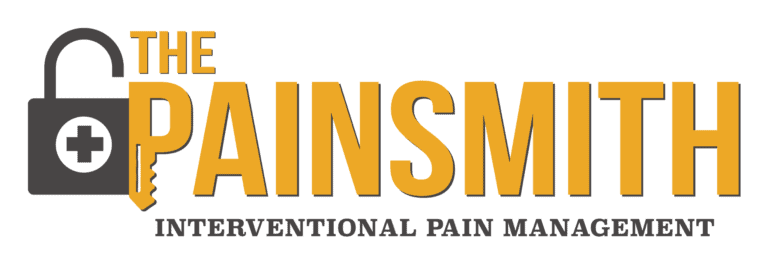World Mental Health Day, observed annually on October 10, is intended to improve awareness about mental health and work to remove the stigma that can accompany mental health challenges. As a pain physician, I am often faced with the fact that people living with chronic pain often also struggle with mental health problems, including depression, anxiety, and substance use disorders. Let’s talk about the intersection between chronic pain and mental health, and discuss some ways to treat both conditions.

It is very common for people with chronic pain to struggle with their mental health. Chronic pain can interfere with your everyday life, and affect your ability to function at home and work. You may find it difficult to participate in social activities and hobbies, leaving you feeling isolated and lonely. People who reported having chronic pain were also more likely to have mental health conditions, including severe anxiety, severe depression, bipolar and PTSD. People with chronic pain commonly experience symptoms such as sleep disorders, fatigue, trouble concentrating, decreased appetite, and mood changes as a result of their pain – all of which can lead to depression or anxiety. It is estimated that 35% to 45% of people with chronic pain experience depression, and people with chronic pain are three times more likely to develop symptoms of anxiety. The prevalence of depression and chronic pain increases with age – a recent study of depression found that older people more frequently reported chronic pain—about 60% of those aged 65 and over reported chronic pain compared to 26% of those aged 18 to 24. Different population groups examined in the study were more likely to have chronic pain as well as depression – specifically veterans and active duty military members and caregivers.
When chronic pain and mental health disorders occur together, it is important to work with the patient and their care team to create a holistic treatment plan. There are several treatments and approaches that may help treat both mental health and pain conditions.
Treatment Options:
- Lifestyle changes, such as exercise, good nutrition habits and sufficient sleep
- Antidepressant medications may relieve both pain and depression because of shared chemical messengers in the brain.
- Talk therapy, also called psychological counseling (psychotherapy), can be effective in treating both conditions.
- Stress-reduction techniques like meditation, journaling, yoga, and breathing exercises
- Pain rehabilitation programs that combine behavioral, physical and occupational therapies
Chronic pain can take a significant toll on your mental health. It is important to take chronic pain and your mental health seriously. Fortunately, there are many treatments that are proven to be effective, especially when utilized together. By treating the root cause of pain through interventional pain management, as well as integrating mental health treatment, long-lasting pain relief is possible.
At The PainSmith, we have several different options to help manage your chronic pain. You can request a consultation or give us a call and we’ll discuss your options.
